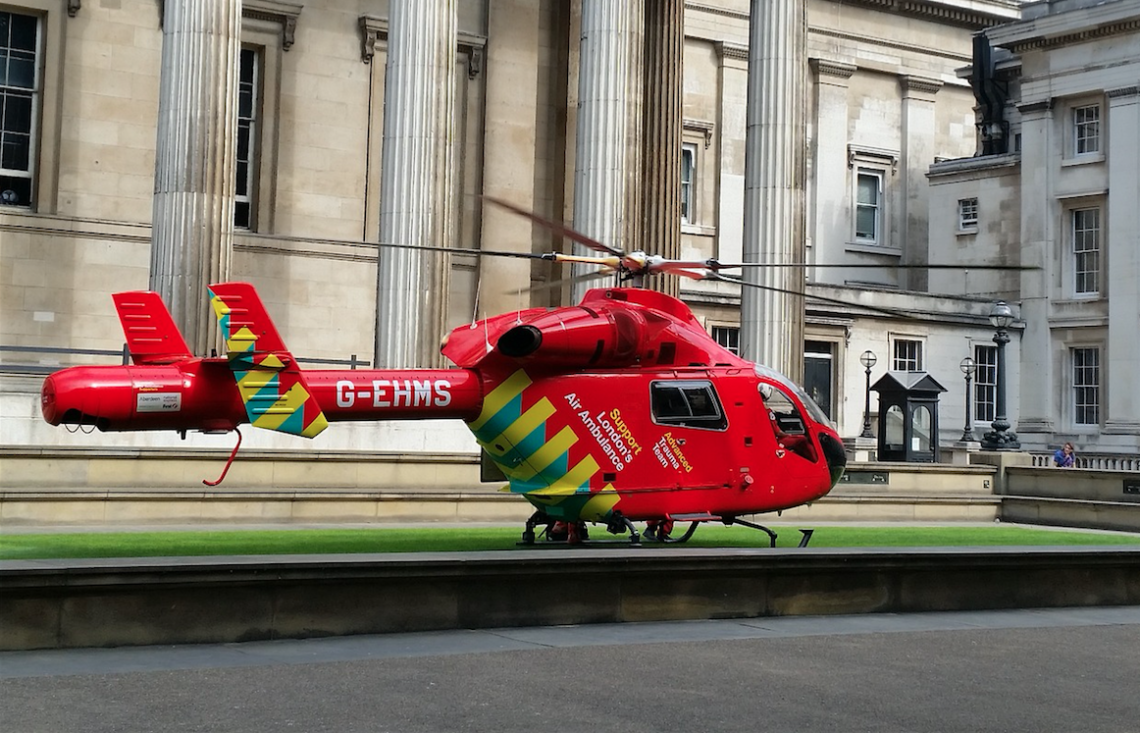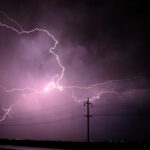What to do if someone has a stroke: watch for the signs, act FAST, call an ambulance, put them on their side or in the recovery position, and stay calm. Find out more…
What to do if you suspect a stroke
There are over 100,000 strokes in the UK every year. When someone you know suffers a stroke, it can be terrifying, but by acting quickly you could decrease the risk of disability and even save their life.
A stroke could also be described as a ‘brain attack’. They occur when part of the brain is damaged by an interruption to its blood supply. A stroke is usually caused by a clot or a bleed in one of the blood vessels within the brain, this cuts off the essential blood supply. Without blood, the brain cells are starved of oxygen and can die off.
The effects of a stroke depend on how much of the brain is damaged, the part of the brain that has been affected and the speed with which treatment is started.
Act FAST!
If you suspect a stroke, there is no time to spare. The quicker a stroke is identified, diagnosed and treated, the quicker and more complete the recovery should be.
There are three classic warning signs that suggest a stroke, if you’re concerned, don’t watch and wait, get help as soon as possible either by dialling 999, or by asking someone else to make the call.
- Face: Look at their face, can they smile evenly? Is their face drooping on one side?
- Arms: Is there weakness on one side, can they lift both arms and hold them up?
- Speech: Listen to them talk, are they clear and coherent or is their speech slurred?
- Time: If you notice problems with any of these, don’t hang around, it’s time to dial 999.
Thinking FAST can be useful, but there are other symptoms that could also indicate a stroke. Seek medical attention if you, or your loved one develop:
- Numbness or weakness on one side of the body.
- Sudden problems finding the right word or sentence.
- Visual disturbance like blurring or loss of sight.
- Sudden and new onset of memory loss or confusion.
- Rapid onset of dizziness, unsteadiness or tendency to fall.
- Severe headache that comes on suddenly.
All of these symptoms could be the result of another condition, but when it comes to stroke it’s better to be safe than sorry.
If you would like to learn more about stroke; the history, causes, and the various treatments, see Stroke: A Deeper Dive
What should I do?
Many people feel helpless when they are dealing with a loved one who has suddenly become unwell. Don’t panic, there’s lots you can do to keep them safe while you’re waiting for expert medical help:
- Check that there is a pulse and that they are breathing.
- If they are unconscious, try and place them in the recovery position.
- If they are conscious be calm and reassuring.
- Don’t offer anything to eat or drink, a stroke can affect the ability to swallow and lead to choking.
- Help them into a comfortable position, try to support their body if they’re weak or struggling.
What happens next?
From a slight slur, to an inability to speak or move part of the body, no two strokes are the same. The degree of disability and the rate of recovery will depend on the extent of the damage, the part of the brain affected and the health and wellbeing of the individual. It can be a long and challenging journey, but by accessing expert medical care quickly you can ensure any problems are identified, treatments are started and that your loved one can start their journey down the road to recovery.
Find out more about Strokes:




